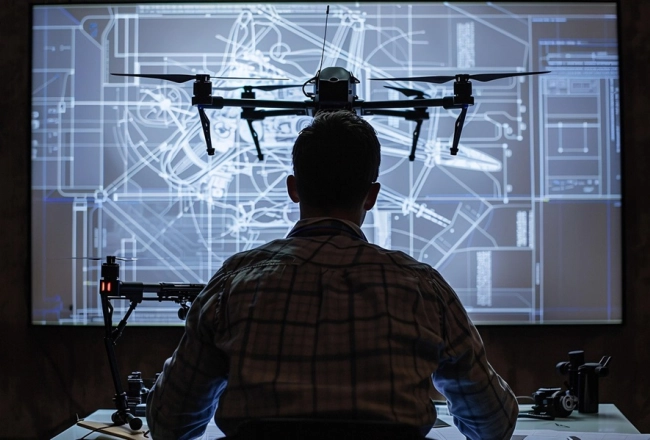06.02.2025
How to work in a crisis situation? A handbook for pharmacists on how to act in case of emergencies

Foto: Rūdolfs Liepiņš
How to ensure business continuity, proper storage of medicines, and what to do in the event of a gunfire? These and other practical tips for pharmacists are compiled in the first handbook for pharmacies, which covers scenarios for different types of emergencies.
The handbook provides practical advice to pharmacists on how to prepare for the worst-case scenarios and ensure the continuity of pharmacy services. It describes possible crisis situations and how they can affect pharmacy operations, such as supply chain disruptions, utility outages, cyber threats, and military threats. The book even covers situations such as shootings or drone attacks. It also lists the critical functions of pharmacies and explains how to maintain them during a crisis.
The book also contains information on how to act in various crisis situations, such as what to do if financial services, electricity or the internet are unavailable, and what equipment and supplies should be prepared for emergencies. It also describes what to do in the event of an evacuation.
Sandra Zilberta, Chair of the Board of the think tank “Resilience of Healthcare Systems,” said: “The slightly less than 3,000 pharmacists and pharmacy assistants currently working in Latvia are an important resource for resilience. We see that very often the network of social services disappears in the regions, there are no longer any ATMs or post offices – pharmacies are often the only place where people can turn to in an emergency. We see that this is an important place of resilience that should be strengthened and recognized.”
Zilberta said that the experience of Ukraine has been taken into account and that the association has several experts from the defense and security sector.
The handbook explains the main principles of operation and general guidelines, but does not provide detailed instructions on specific procedures. It is a practical resource that will help pharmacists understand how to act in emergency situations and ensure the operation of pharmacies.
Dace Ķikute, President of the Latvian Pharmacists’ Association, acknowledges that this is the first time that pharmacists have access to material that will help them start and develop a better understanding of how to provide assistance in crisis situations.
“As intelligent people with higher education, I think pharmacists are largely prepared [for crisis situations], just like any other citizen of our country. They may also have greater clarity, but of course we understand that in various pharmacy supply situations, centralized solutions are needed first at the national level, and then, of course, this also relates to the responsibility and capabilities of each pharmacy company,” said Ķikute.
As emphasized by Riga Stradiņš University researcher and defense expert Vitālijs Rakstiņš, who also participated in the development of the handbook, the information available in the handbook is not intended solely for military threats, but for various crisis situations.
“Some kind of preparation for business continuity is useful for any organization in any normal crisis. In other words, if you are prepared for the worst-case scenario, you are more likely to survive a normal crisis, such as floods, storms or technological disasters,” said Rakstiņš. He cited the disconnection from Russia’s energy grid, where power outages are possible, as an example.
Currently, 300 copies of the handbook are available, and another 300 are in the process of being developed. There will definitely be more, as pharmacists are very interested in the material.
For now, the handbook is only available in physical format. However, as its authors point out, in the future it may be available not only in digital form, but also supplemented with more detailed information on how pharmacists and pharmacies can continue to operate and provide services even in crisis situations.
Moreover, the handbook is not the end of the story – training courses are planned for both pharmacists and pharmacy managers, where they will be told in more detail how to act in the event of a national emergency.



